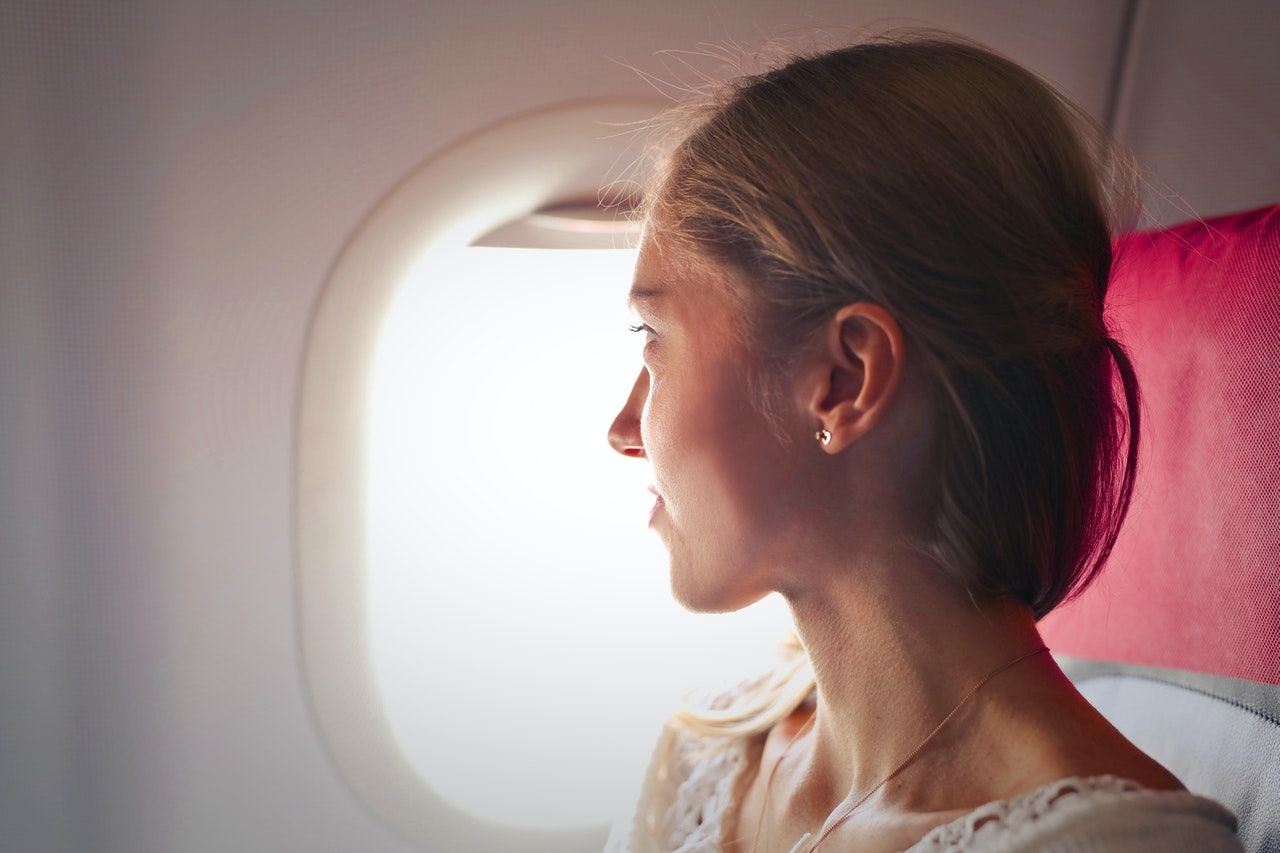Ashford Clinic Blog
Air Travel and Sinus Infections
 If you’ve ever wondered whether it’s safe to fly with a sinus infection, you’re not alone. While sinus infections are painful enough on their own, changes in air pressure can make sinus pressure even more uncomfortable. While this can make the infection worse if you’re not careful, there are steps that you can take to avoid changing or canceling your travel plans.
If you’ve ever wondered whether it’s safe to fly with a sinus infection, you’re not alone. While sinus infections are painful enough on their own, changes in air pressure can make sinus pressure even more uncomfortable. While this can make the infection worse if you’re not careful, there are steps that you can take to avoid changing or canceling your travel plans.
First, let’s talk about whether it’s safe for fellow travelers. Are you contagious? If the infection is caused by a virus, then you risk spreading your infection to other passengers. If it’s bacterial, then you aren’t contagious. In either case, it’s still best to seek treatment from your doctor to avoid the infection spreading into an upper respiratory infection.
Now let’s talk about pain management. The air pressure changes that come with flying may not be avoidable, but their effects are controllable. Medications can help, and you should also consider using a saline solution before and during the flight. Certain foods, such as pineapple and ginger can also help, as well as spicy foods, garlic, and onions. You should avoid coffee and alcohol because of their tendencies to cause dehydration. Drinking plenty of water is also very important.
If flying is an occasional occurrence, then the tips mentioned above might be all you need. However, if you are a regular air traveler you may want to look into balloon sinuplasty. This minimally invasive procedure can be administered in-office, and typically takes about an hour. It works by dilating the sinus passages, allowing the mucus to drain naturally. Balloon sinuplasty is one of the many services that we offer, and we’d be happy to discuss it with you. If you are located in the Athens/North Georgia area, give us a call to learn more or to schedule an appointment.


